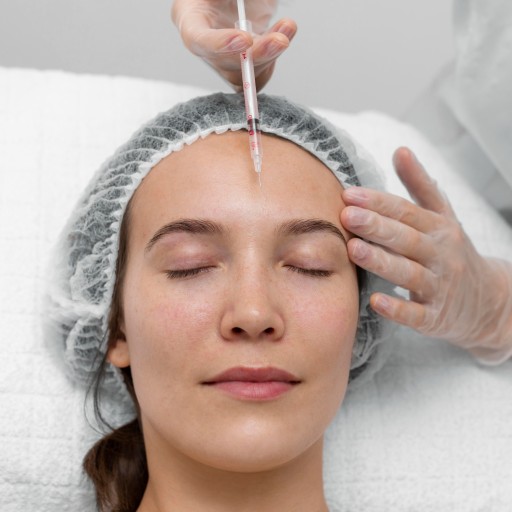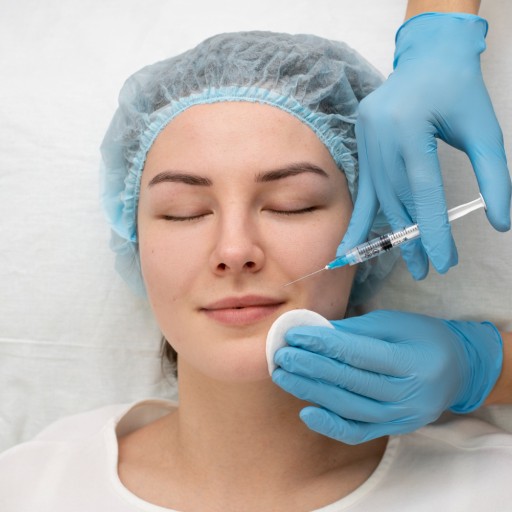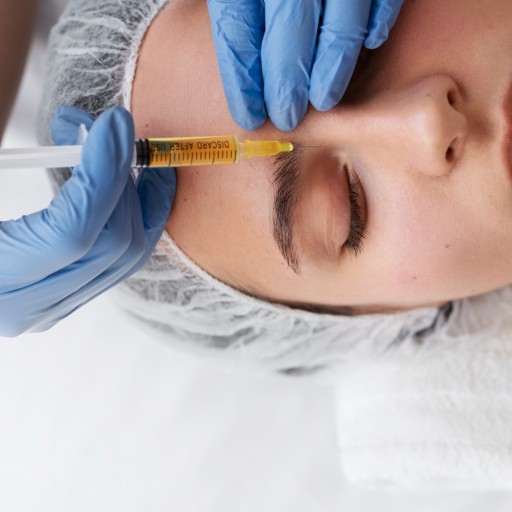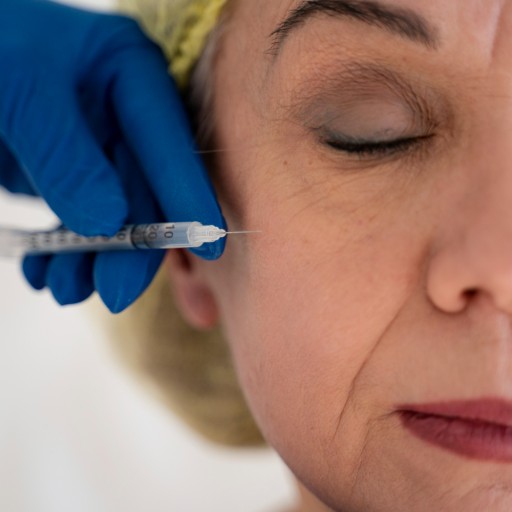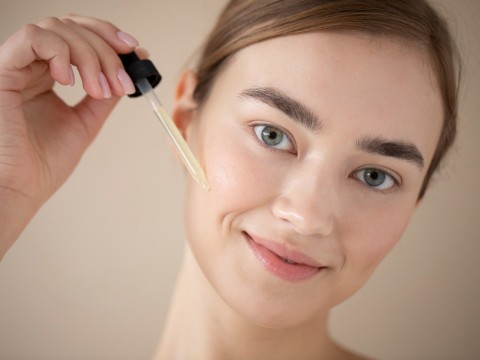Quote of Op.Dr. Arif Eroğlu
Fat Injection (Face)
Facial fat injection, better known as fat transfer to the face, is a very popular cosmetic surgery performed for the restoration of volumes, removal of wrinkles, and contouring of the face. It involves the harvesting of fat from one part of the body and injecting it into areas of the face to attain a more natural and youthful look. With the advancement in cosmetic surgery, fat injections have become an increasingly attractive alternative to traditional fillers.
The small details of the facial fat injection procedure can help individuals make an informed decision about their facial appearance. Being different from synthetic fillers, fat injections involve the use of the patient's own fat-a natural solution to volume loss and signs of aging.
Whether you're looking into facial fat injections or are simply interested in learning about them, this article will give an all-around overview, answering a whole list of frequently asked questions and giving valuable information on one of today's most popular cosmetic treatments.
What is Facial Fat Injection?
Facial fat injection is the cosmetic procedure of fat transfer to the face, where fat is taken from one body site-abdomen, thighs, or buttocks-and injected into the face. This technique can restore lost volume, enhance facial contours, and work out wrinkles. Because the procedure employs the patient's fat, it is a natural alternative to synthetic fillers and is long-lasting.
Advantages of Fat Transfer to the Face
The main benefits of fat transfer to the face are the natural look of results, a fuller face, and fewer signs of aging. Contrasting with artificial fillers, which may frequently need re-touching, fat injections longer in the sense that the transplanted fat unites with surrounding tissues. Moreover, taking fat from the patient himself excludes allergic reactions or other side effects, which can be caused by using materials of other kinds, making it safer for many.
The Procedure of Injection of Fat in the Face
Facial fat injection is accomplished in several steps: liposuction by the surgeon to harvest fat from a donor site-usually from the abdomen or thighs-after which the fat is purified and processed to ready it for injection. Then, the purified fat is injected into selected areas of the face, such as the cheeks, the under-eye area, or the nasolabial folds. The procedure is usually done under local anesthesia, with often minimal discomfort.
Recovery and Aftercare
Recoveries from facial fat injection are usually uneventful; most patients develop some swelling and bruising at the sites of injection, which clears up in days to a week. Post-operative care is usually advised which may include avoidance of heavy work, application of an ice pack, and medication according to prescription. These generally take several days to recover from and resume normal activity. It could be many weeks, though, before the final result is seen as the fat settles and becomes incorporated into the surrounding facial tissues.
Risks and Side Effects
Facial fat injections, like all other surgical procedures, are usually safe but present potential risks and side effects. Possible side effects temporary swelling, bruising, and discomfort at the site of injection. Absorption of the fat is also possible; the injected fat does not always survive and could thus result in less-than-satisfactory results. Serious complications include infection and less-than-even results, although these are rare. However, discussing these risks with one's surgeon and following post-procedure care instructions may reduce such problems.
Fat Transfer vs. Dermal Fillers
Speaking of a comparison between fat transfer and dermal fillers, there are a few differences between these. Fat injections are natural and long-lasting, using the patient's fat for the replacement of volume. Dermal fillers are artificial solutions; besides, it may be necessary to repeat touch-ups from time to time in order to maintain their effect. Both options effectively augment facial volume and take away wrinkles; however, fat transfer provides a much more permanent natural alternative for anyone looking into a long-term solution.
- Abdominal liposuction
- Arm Lift (Brachioplasty)
- Back Liposuction
- Blepharoplasty (Eyelid Surgery)
- Brazilian Butt Lift (BBL)
- Breast Augmentation
- Breast Augmentation with Tear Drop Implants
- Breast Correction
- Breast Lift
- Breast Reconstruction
- Breast Reduction
- Brow Lift
- Buccal Fat Extraction
- Butt Implants
- Buttock lift
- Buttock Reduction
- Cheekbone Reduction
- Chin Implant
- Chin Liposuction
- Combined Aesthetics
- Health Insurance
-
Accommodation
- Online Healthy Life Assistant 9/5
- Post - Experience Follow Up 6 Month
-
Extra Privileges

- Health Insurance
-
Accommodation
- Online Healthy Life Assistant 24/7
- Post - Experience Follow Up 1 Year
- Pre-Treatment Doctor Consultation
-
Extra Privileges

 Private
Private
- Health Insurance
-
Accommodation
- Healthy Life Butler
- Post - Experience Follow Up 2 Year
- World-Famous Doctor Consultation
-
Extra Privileges

* Price varies depending on extra and upgrade selections.
The Lipofilling procedure typically involves two main stages: liposuction to harvest fat from the patient's body, usually from the abdomen or thighs, and then injecting this fat into the desired areas.
Lipofilling is commonly used to address volume loss or contour irregularities in areas such as the face, lips, breasts, buttocks, hands, and other body regions.
Lipofilling results can vary from person to person, but they generally provide long-lasting outcomes. Some of the transferred fat may not survive, so final results may stabilize over a few months.
Lipofilling is typically performed under local anesthesia or sedation, so it is often associated with minimal pain. However, mild discomfort, swelling, and bruising may be experienced in the days following the procedure.
The recovery process varies depending on the individual's overall health and the areas treated. Mild discomfort may be present for a few days, and full recovery may take several weeks.

